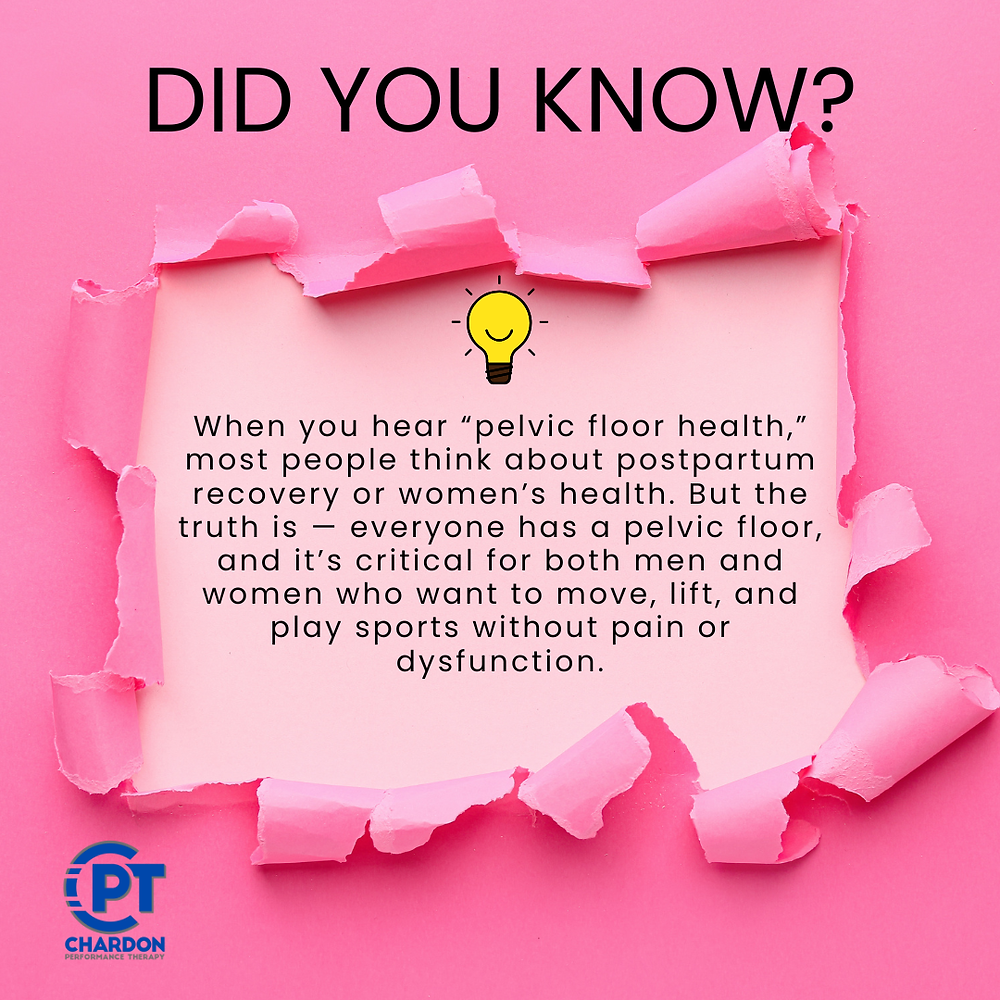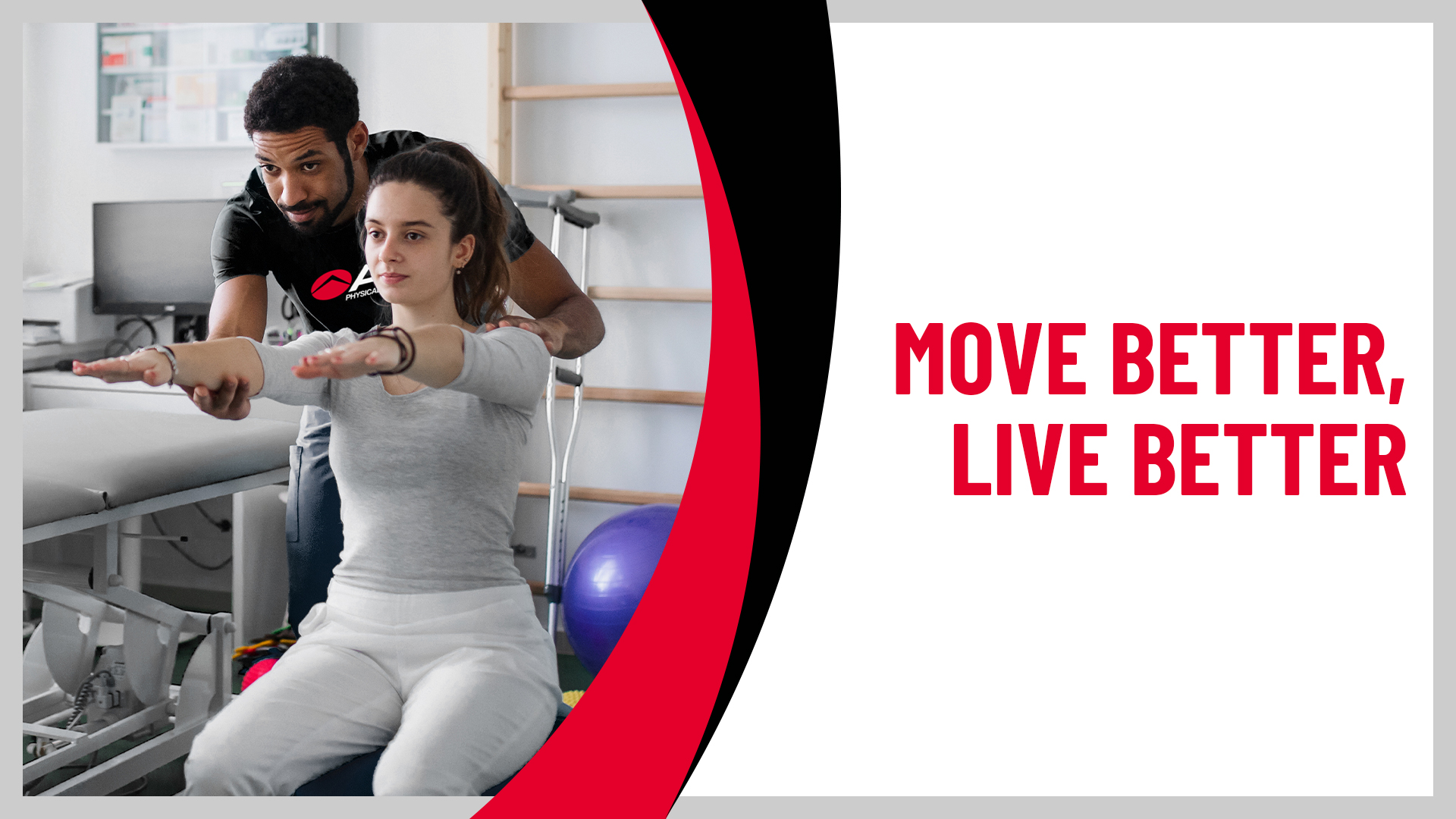
By Professional Physical Therapy
Are you noticing new aches, stiffness, or fatigue in your 40s? You’re not alone. As we age, our bodies change and during perimenopause, those changes can feel like a sudden wave of discomfort. But here’s the good news: you don’t have to just “deal with it.” Physical therapy offers powerful, personalized solutions that can help you feel strong, flexible, and pain-free—without relying on medication.
What Exactly Happens During Perimenopause?
Perimenopause is the transitional phase leading up to menopause, often beginning in your 40s. It’s marked by fluctuating estrogen levels, which can impact everything from mood and energy to joint and muscle health. Many women begin to experience:
- Increased joint stiffness
- Reduced flexibility
- Muscle tightness or spasms
- Postural changes and chronic pain
Sound familiar? Keep reading to learn how physical therapy can support your body through perimenopause and beyond.
Regain Your Flexibility and Improve Joint Mobility
Feeling stiff in your neck, shoulders, hips, or lower back? These are common areas where perimenopausal women report tension and discomfort. The hormonal shifts during this time can reduce the elasticity of soft tissues and lead to joint stiffness.
Physical therapists use proven techniques to help:
- Reduce tightness and inflammation
- Restore your natural range of motion
- Improve how your joints move and feel day-to-day
Imagine waking up and moving freely again—without that morning ache in your back or hips.
Rebuild Muscle Strength and Endurance
Did you know that muscle mass naturally declines during perimenopause? This loss, combined with hormonal changes, can leave you feeling weaker or more fatigued than usual.
A personalized strength-training program with a licensed PT can:
- Rebuild weakened muscles
- Improve your posture and stability
- Support joint health and prevent injury
What would it feel like to move through your day with more energy and less effort? PT can help get you there.
Correct Posture and Movement Mechanics
Working at a desk all day? Carrying kids or groceries on one side of your body? These small habits can lead to chronic pain and poor posture, especially when your body is already adjusting to hormonal changes.
Physical therapists are trained to:
- Teach ergonomic strategies for your work and home life
- Guide you in safe movement patterns
- Provide exercises that align your posture and reduce strain
Quick tip: Even adjusting your sitting posture can dramatically reduce back and neck pain.
Relieve Myofascial Pain and Muscle Tension
Ever feel like you have knots in your muscles that just won’t go away? Myofascial tension is common during perimenopause and can contribute to headaches, fatigue, and chronic discomfort.
A physical therapist can use:
- Trigger point therapy and soft tissue mobilization
- Stretching techniques tailored to your body
- Tools to release tight fascia and restore muscle balance
PT isn’t just about “rehab”—it’s also about relaxation and feeling at ease in your own skin.
Bonus Support: Pelvic Floor Physical Therapy
Let’s talk about a topic that doesn’t get enough attention—pelvic floor health. During perimenopause, estrogen changes can weaken the pelvic floor, causing:
- Bladder leaks
- Pelvic pressure or discomfort
- Pain during intimacy
Pelvic floor PT offers gentle, effective exercises and treatments that address these sensitive (but incredibly important) issues—so you can live confidently, without embarrassment or discomfort.
Why Choose Physical Therapy During Perimenopause?
If you’ve been wondering:
- “Why does everything hurt more than it used to?”
- “How can I stay strong and flexible without pushing too hard?”
- “Is there a way to manage these changes without medication?”
Physical therapy could be your answer.
It provides a safe, drug-free, and personalized approach to managing:
- Muscle and joint pain
- Postural changes
- Pelvic floor dysfunction
- Fatigue and reduced mobility
Ready to Feel Like Yourself Again?
Perimenopause doesn’t have to be a season of struggle. With the right support, you can move through this transition feeling stronger, more flexible, and more empowered than ever.
Contact Professional Physical Therapy today to schedule your personalized evaluation. Let’s work together to get you moving confidently—and comfortably—at every stage of life.










